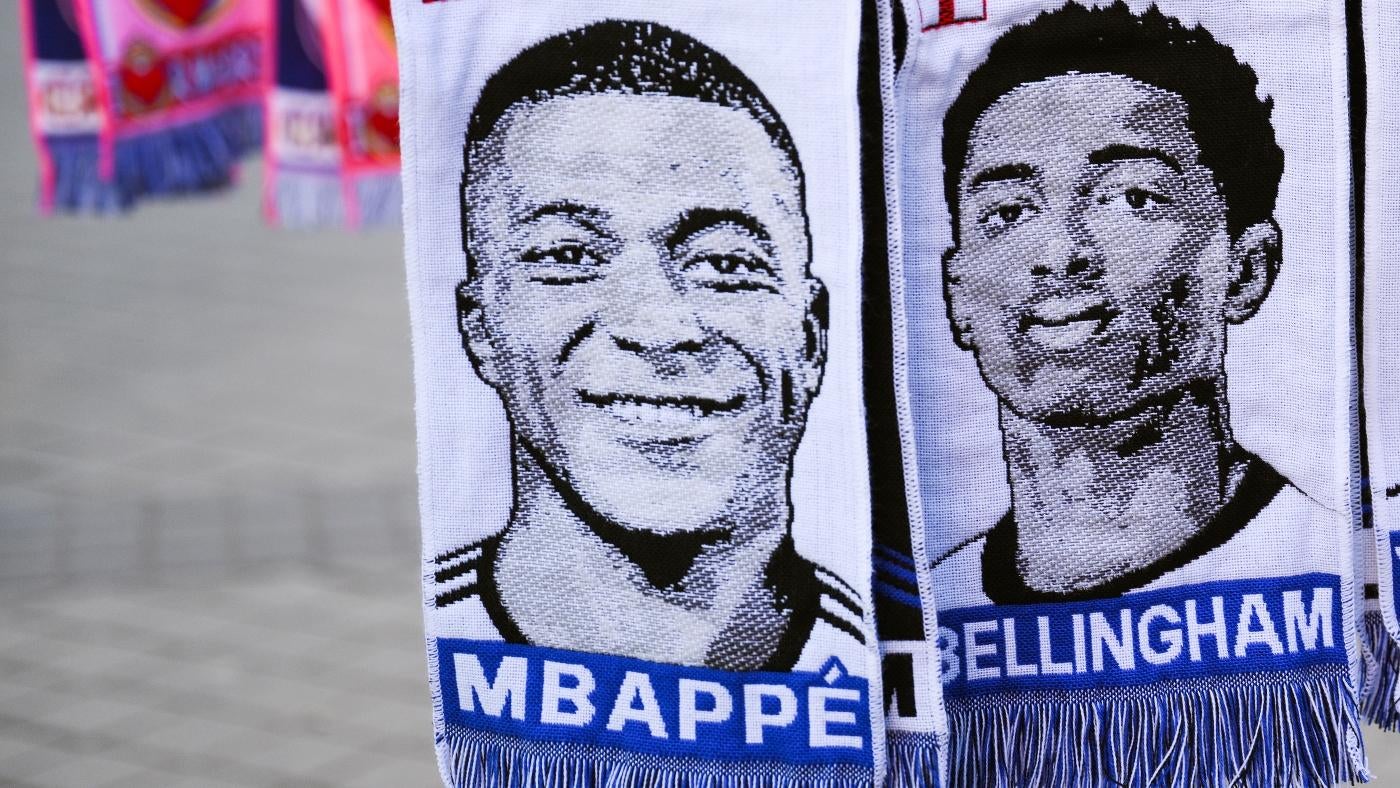Kevin Durant is somewhat unique among star players requesting trades in that the four years remaining on his contract open the door for almost anybody to trade for him. He doesn’t have the power to fully dictate his destination in the way that many others have because he can’t wield free agency as a weapon against undesirable franchises. Right now, fans of all 29 teams besides the Nets are constructing trade packages to get Durant to their cities… but before you get too excited, there’s a very important rule we need to cover that will somewhat limit the pool of possible suitors.
It’s called the Designated Rookie rule, and in this instance, it pertains not to Durant himself, but to current teammate Ben Simmons. The Designated Rookie rule allows teams to sign players coming off of rookie contracts to a five-year extension rather than the typical four. A team can designate up to two rookies for such contracts, but there’s a caveat: only one of them can be acquired by trade. Simmons, himself on a five-year deal signed with Philadelphia, already occupies one of those slots. Therefore, if the Nets keep Simmons, they cannot acquire another in a trade for Durant.
That takes 12 notable players off the table in a Durant trade for the time being:
- Luka Doncic, Mavericks
- Trae Young, Hawks
- Shai Gilgeous-Alexander, Clippers
- De’Aaron Fox, Kings
- Donovan Mitchell, Jazz
- Bam Adebayo, Heat
- Jayson Tatum, Celtics
- Karl-Anthony Towns, Timberwolves
- Devin Booker, Suns
- Jamal Murray, Nuggets
- Andrew Wiggins, Warriors
- Joel Embiid, 76ers
Some of these players were not feasibly going to be in a Durant trade anyway. Others easily could have been. Just as important to note are two players on virtually identical contracts to the other 12, but not technically designated rookies. The first is Brandon Ingram. While he did indeed sign a five-year extension with the New Orleans Pelicans in the 2020 offseason, he did so as a restricted free agent with Bird Rights. That did not invoke the Designated Rookie rule, so Ingram can be traded to the Nets. Pascal Siakam has a slightly different max contract, one governed by the Derrick Rose rule. That allowed him to make more than 25 percent of the salary cap in the first season of his deal, which he qualified for as a reigning All-NBA player at the time. However, the Designated Rookie rule is only invoked on five-year contracts. Siakam’s contract only lasts four. That makes him tradable to the Nets as well.
If all of this sounds familiar to you, well, it should. This isn’t the first time the Designated Rookie rule has presented an obstacle to a blockbuster trade. In 2019, the Boston Celtics wanted to trade for Anthony Davis, but couldn’t because both he and Kyrie Irving were on Designated Rookie extensions. Davis ultimately went to the Lakers. Irving left Boston for Brooklyn, and yet another of his teams is dealing with this issue.
Please check the opt-in box to acknowledge that you would like to subscribe.
Thanks for signing up!
Keep an eye on your inbox.
Sorry!
There was an error processing your subscription.
There is a workaround here, but it’s going to make life significantly harder for the Nets. One option would be for them to simply trade Simmons to another team. There would be plenty of suitors among the teams that tried to get from Philadelphia but couldn’t because they lacked the win-now assets Philly sought. Minnesota comes to mind if the Nets want to go down this route.
Or, if they’d prefer, they could re-route a player on that list to a third team for assets that they can legally acquire next to Simmons. Most of those players are so good that they could fetch a significant return from a third team, and because so many of them still have several years left on their contracts, they could be traded almost anywhere.
Ultimately, Durant is such a valuable trade chip that teams will move Heaven and Earth to get him. If that means finding a third team to facilitate a deal, so be it. But for now, this is going to make Brooklyn’s life a little bit harder as it tries to find a new home for the 2014 MVP.



